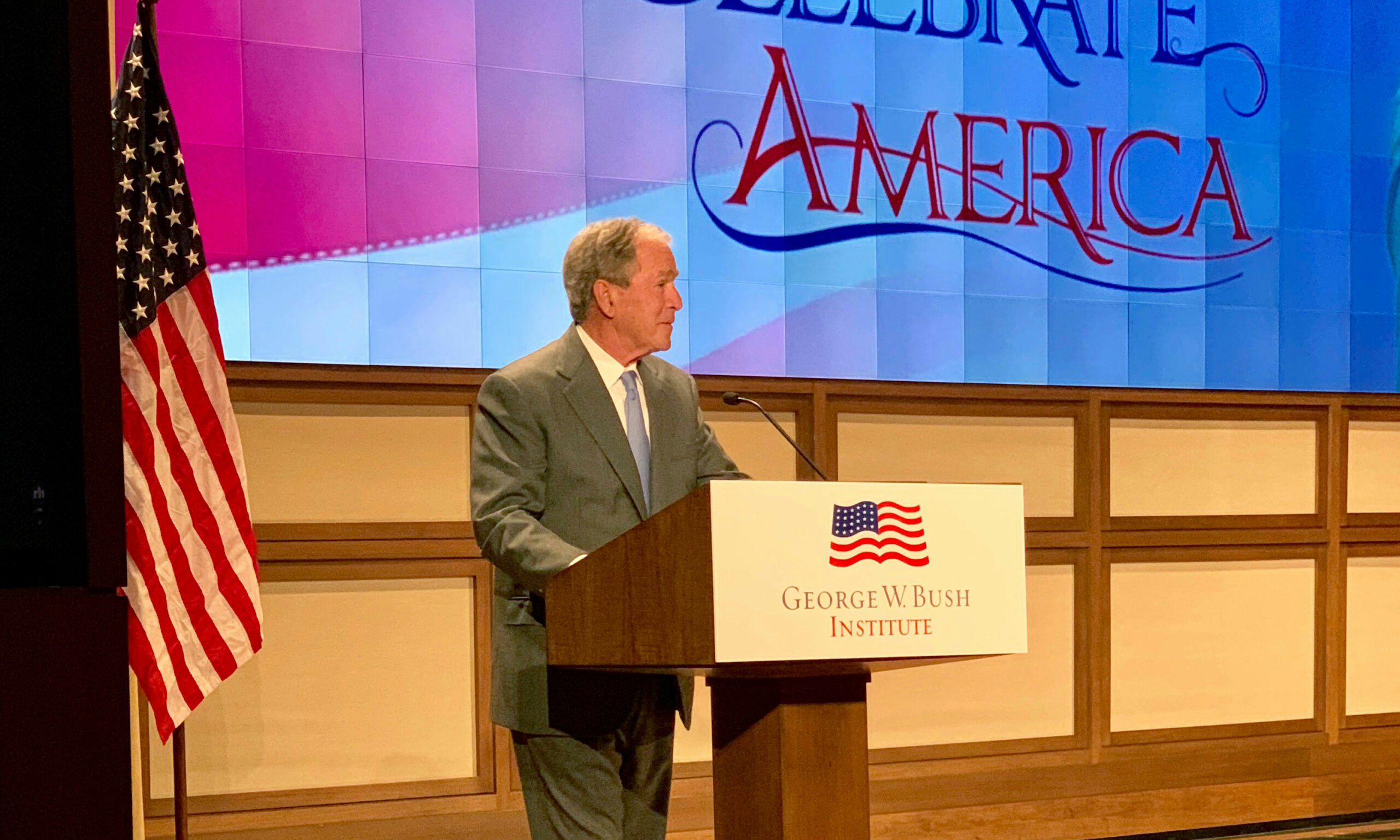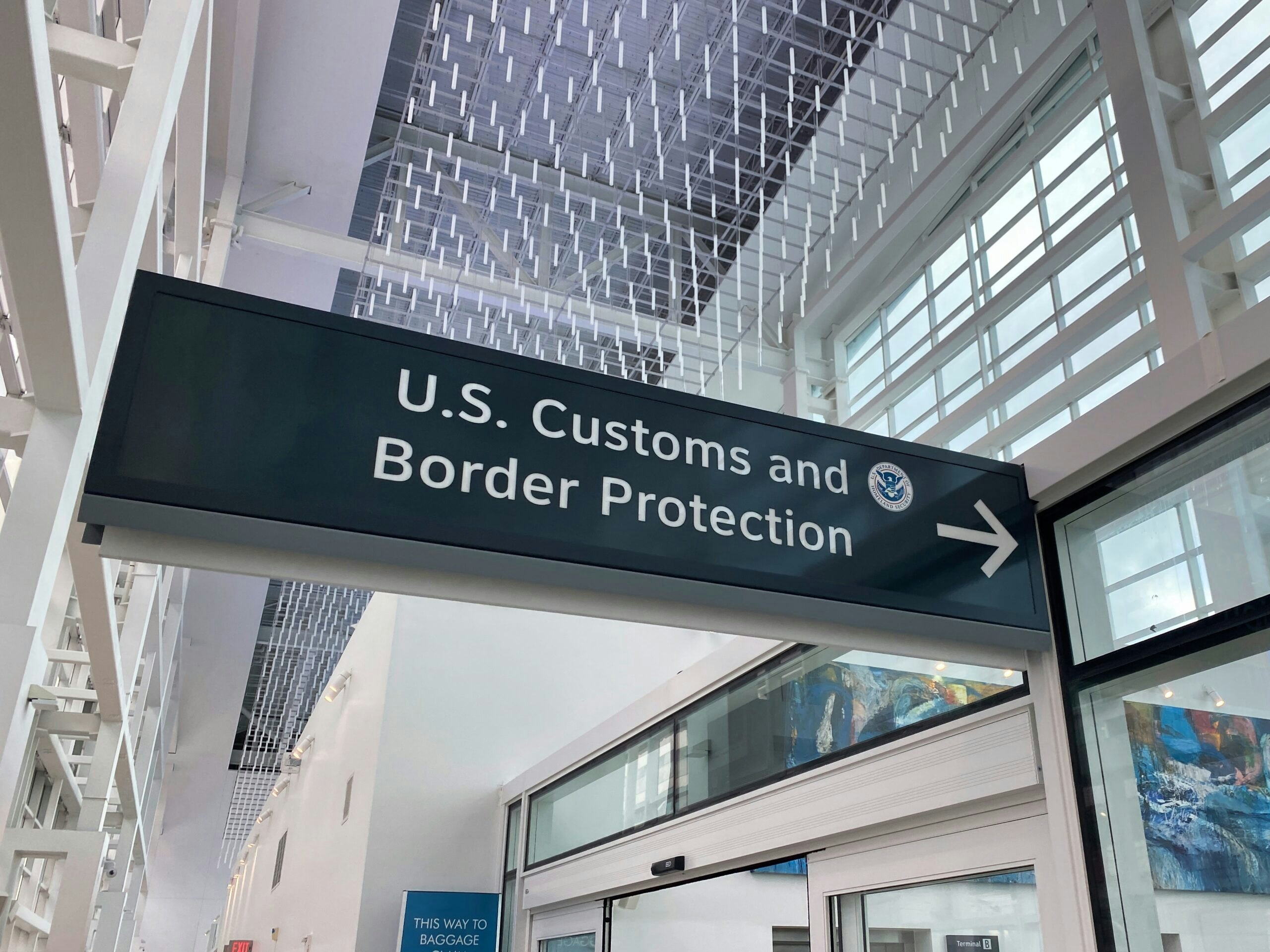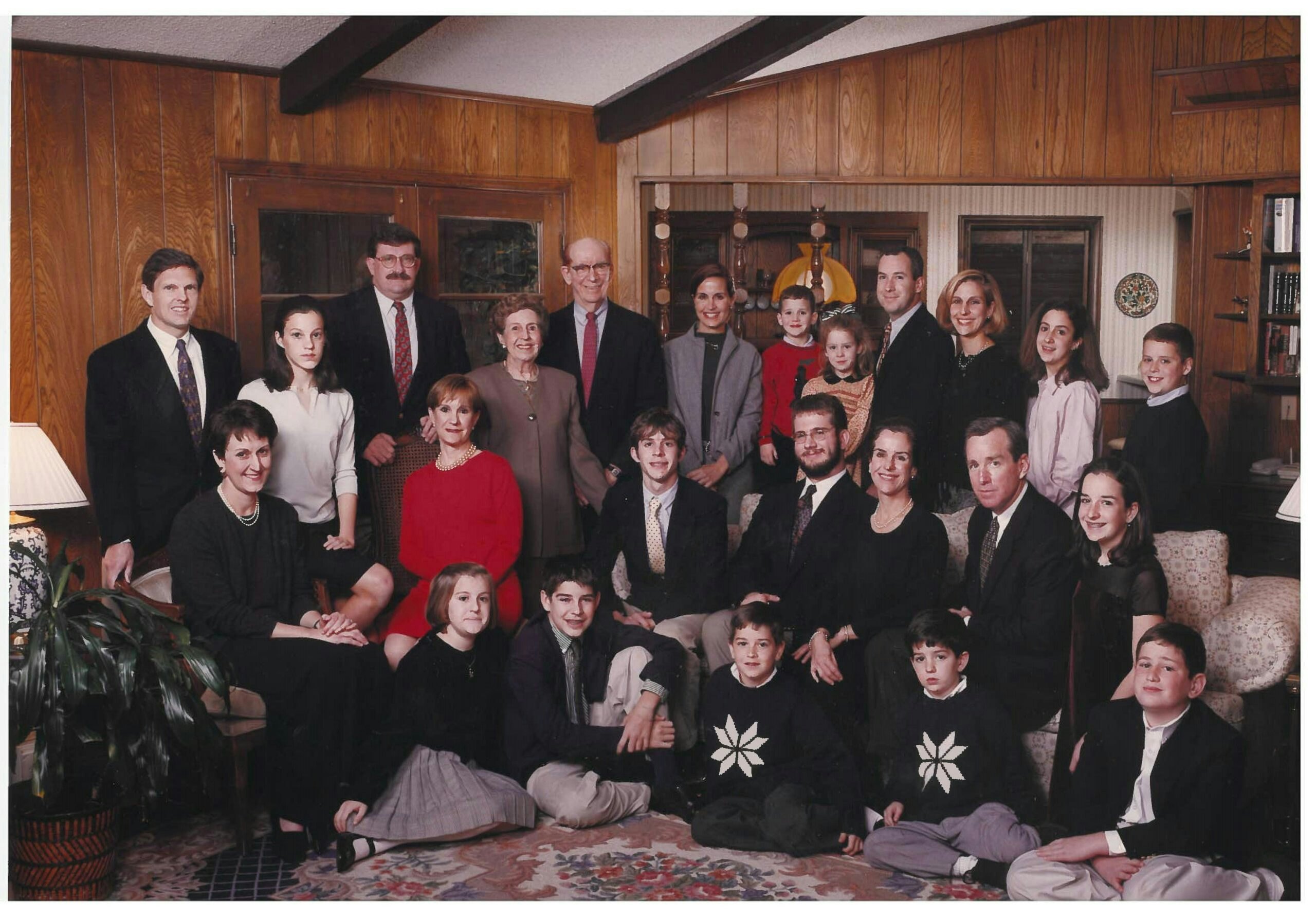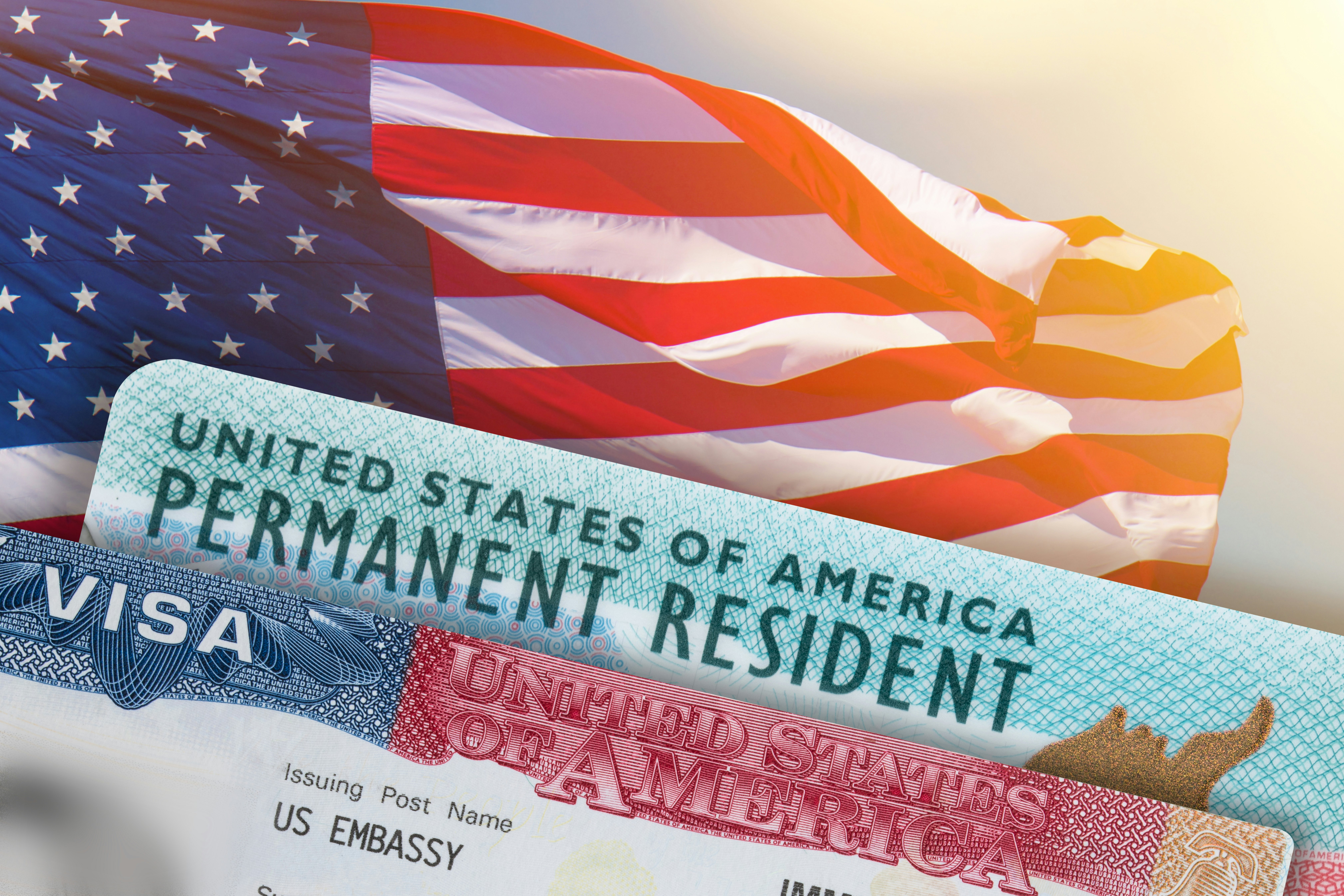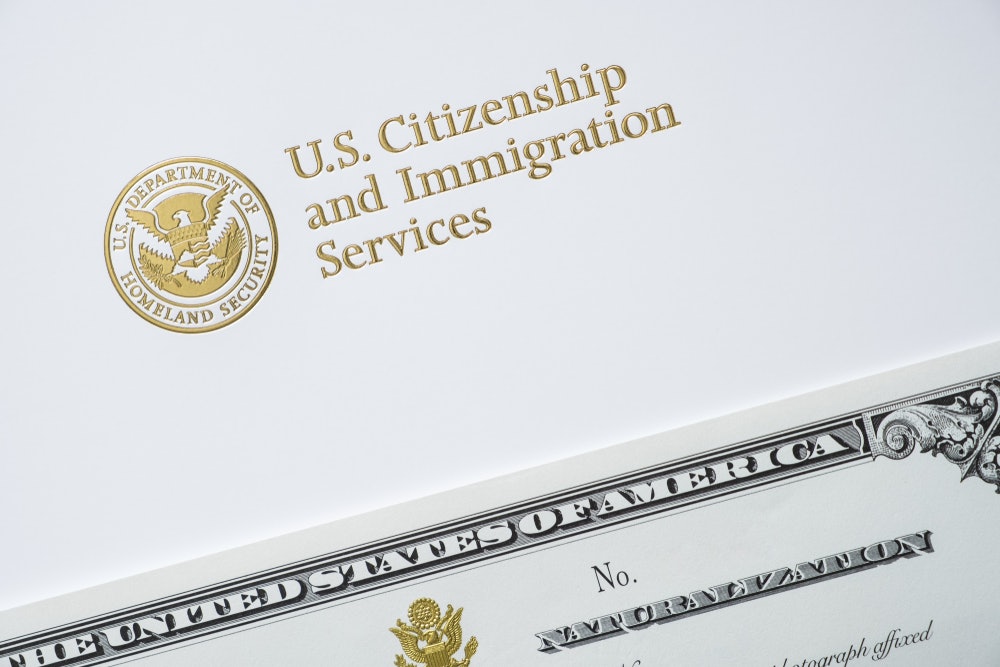Remarks by President George W. Bush and Mrs. Laura Bush at a Naturalization Ceremony
Monday, March 18, 2019
MRS. LAURA BUSH:
Good morning everyone, and welcome to the George W. Bush Presidential Center. President Bush and I are thrilled to host you here today for this happy occasion.
Today, 49 people, representing more than 20 countries, will become part of a very old tradition.
From the very first Indian tribes who farmed, hunted, and traded along the river valleys and across the high, grassy plains; to the Spanish explorers; to the nineteenth-century wagon trains of American and European settlers; to twentieth-century wildcatters and cattle herders, Texas has been a land of immigrants. Our state is a place where people come, year after year, to build a better life.
We’re a state that thrives due to the prosperity, ingenuity, transformation, and generosity of immigrants. And we are a much richer state for all the cultures that have settled on our land.
My life has been shaped by this richness. My grandparents were drawn to Texas by the twin promises of opportunity and good health amid the bright sunshine and dry desert air of West Texas.
My parents fell in love on their first date, as they walked across the footbridge connecting the border city of El Paso to Mexico’s Ciudad Juárez to have dinner at the glamorous Tivoli nightclub.
And I likely would have never met my husband if George and Barbara Bush hadn’t migrated from the East Coast to the oil boomtown of Midland, Texas.
The values and dreams that drew our families here are the same ones that have drawn tens of thousands of others, from around the United States, and around the world. And I know that these values and dreams are part of what led each of you on the journey that brought you to this ceremony today.
Hard work, strong values, dreams, and determination know no borders or boundaries.
They are as universal as the human desire for a better future.
Today’s new citizens represent many cultures and nearly every region of the world, from Asia to the Indian subcontinent, Africa, the Middle East, Europe, South America, and Central America – and our next-door neighbors of Mexico and Canada.
It is never an easy path to leave what is familiar and venture into the unknown. Each of you has done just that. And Texas and the United States are better for it.
President Bush and I thank you for making this journey, and for choosing to come to this country and the state that we love.
Today, it is my honor to say to all of you, “Welcome, my fellow Americans.” (Applause.)
And now I’d like to introduce the former President of the United States, my husband, George Bush. (Applause.)
PRESIDENT BUSH:
Well, thank you very much. (Applause.) Thank you. Good morning everybody. I want to thank Laura for a kind introduction. And we are so glad to welcome you to the naturalization ceremony. And to the candidates: it’s going to be a privilege for me in just a few minutes to call you a fellow American.
By custom – most Americans don’t realize this, but citizens-to-be are known as “candidates.” Although for this kind of candidate there are no debates (laughter), fundraisers (laughter), recounts (laughter), or opponents – just a roomful of friends to say, “Congratulations, we are glad you’re here.”
I’d like to point out not only are you becoming an American, but as Laura mentioned, you are a Texan. (Laughter.) And if you walk out of here with a little extra attitude in your step, it shows the culture has taken hold. (Laughter.)
We have individuals and families from many backgrounds and cultures. As candidates for naturalization, you represent more than 20 countries. That’s what brings us all here. You know, the future we have in common, and a ritual that represents something fundamental and noble about this country is about to take place.
You paid America the high tribute of aspiring to live here, leaving behind familiar ways and places, and accepting a process that everyone knows is no easy. Our country, in return, honored your efforts, and soon we will be honored to call you citizen.
The United States of America is in many ways the most successful of nations. Historically, where immigration is concerned, we are also the most welcoming of nations. And these two facts are related.
So many of us can draw a line somewhere back to a man or woman who had the idea that life could be better – and that hope led them here. Generations of new arrivals left their mark on our national character, in traits that friends abroad still recognize as distinctly American: our optimism, our independence and openness to the new, our willingness to strive and to risk, our sense of life as an adventure, dignified by personal freedom and personal responsibility. Such qualities don’t come out of nowhere. A spirit of self-reliance runs deep in our immigrant heritage, along with the humility and kindness to look at someone less fortunate and see yourself.
Across the world, good men and women still dream of starting life anew in America – people who bring energy, and talent, and faith in the future. Often they bring a special love of freedom, because they have seen how life works without it.
The great yearning of so many to live in our country presents a significant challenge. America’s elected representatives have a duty to regulate who comes in and when. In meeting this responsibility, it helps to remember that America’s immigrant history made us who we are. Amid all the complications of policy, may we never forget that immigration is a blessing and a strength.
Public debate on the matter can get pretty sharp. That’s not exclusive to this issue or these times. I guess you’ve noticed by now that Americans like to speak their minds. You’ve just signed up with a boisterous democracy (laughter), and my hope is that you take the duties of citizenship seriously. Participate, and vote. And for whatever the opinion of one retired politician might be worth, I believe we can see our way cleared to immigration policies that are just, fair, and in the interest of the whole nation.
That starts with recognizing a plain responsibility at the border – and, in an often chaotic situation, being willing to state the obvious: Borders are not arbitrary and they need to be respected – along with the fine men and women of immigration services and our Border Patrol. Immigration statutes, likewise, reflect the will of the people and the Congress, and must be enforced. And when the laws are outdated and ineffective, they must be rewritten. I hope those responsible in Washington can dial down the rhetoric, put politics aside, and modernize our immigration laws soon.
As President, I worked hard on comprehensive immigration reform, and I regret that our efforts came up short. Today, emotions can cloud the issue. But here at the Bush Center, we are clear-eyed about the need to enforce our borders and protect our homeland, and about the critical contributions immigrants make to our prosperity and to our way of life. To that end, we have published America’s Advantage, a three-edition handbook of research on immigration’s positive effects on our economy. Our Central America Prosperity Project brings together leaders to strengthen economies, expand markets, and reduce pressure on our southern border. And we’ve convened a bipartisan immigration policy working group to develop a blueprint for comprehensive immigration reform.
For the ideal outcome, we need look no farther than this very room, and to a joyful moment you’ve waited for a long time. The path from application to oath ends on a beautiful morning in the great state of Texas. And I’m not going to put it off any longer, except to say that Laura and I proud to share in the day, to look you in the eyes, and call you our fellow citizens. Congratulations, and may God bless you. (Applause.)
END

